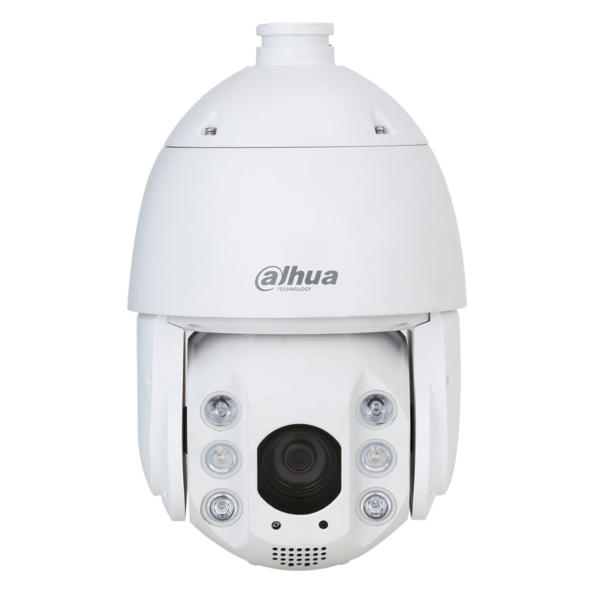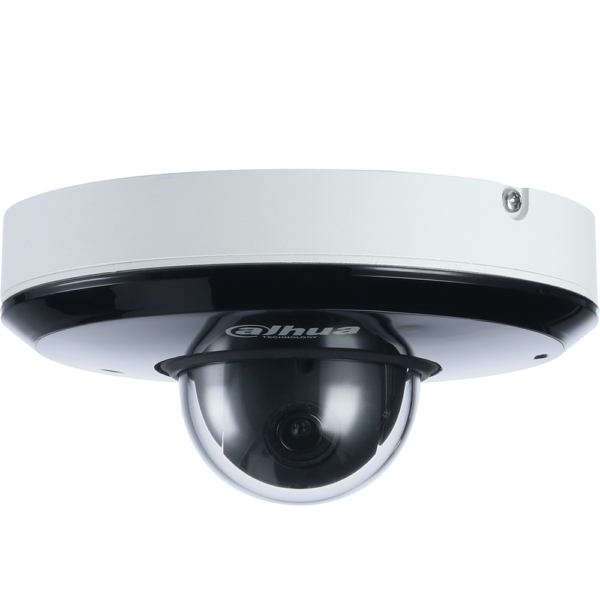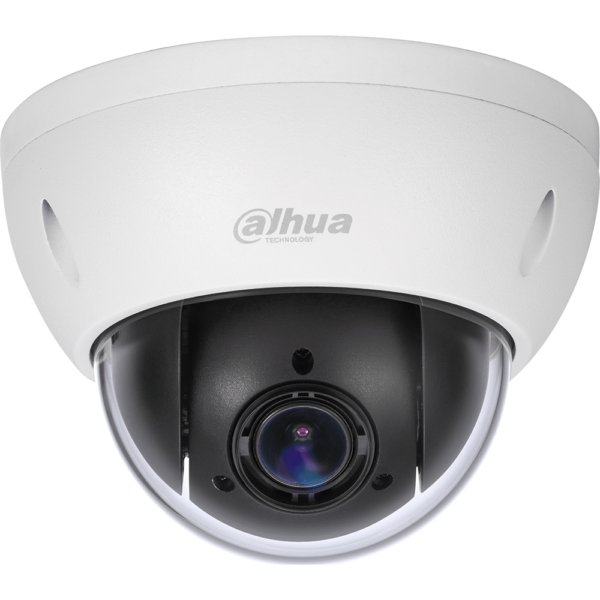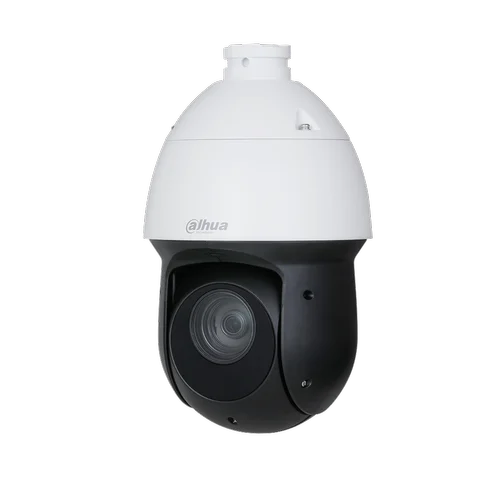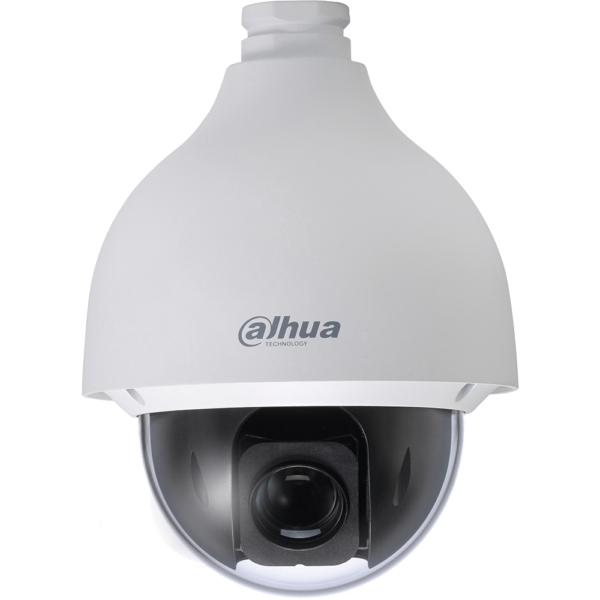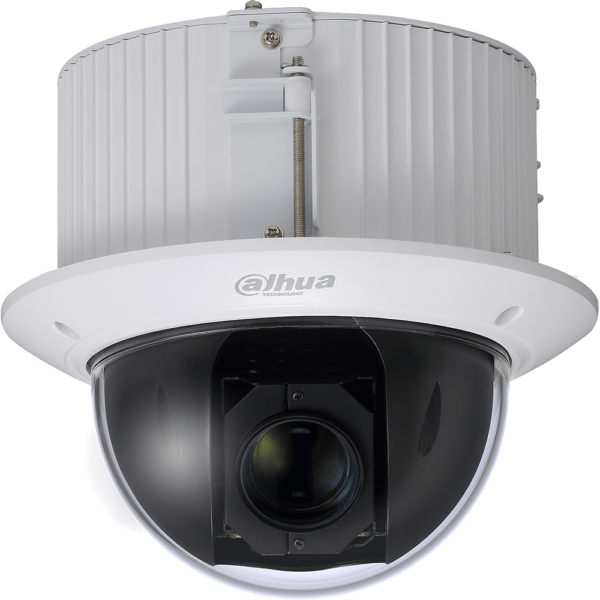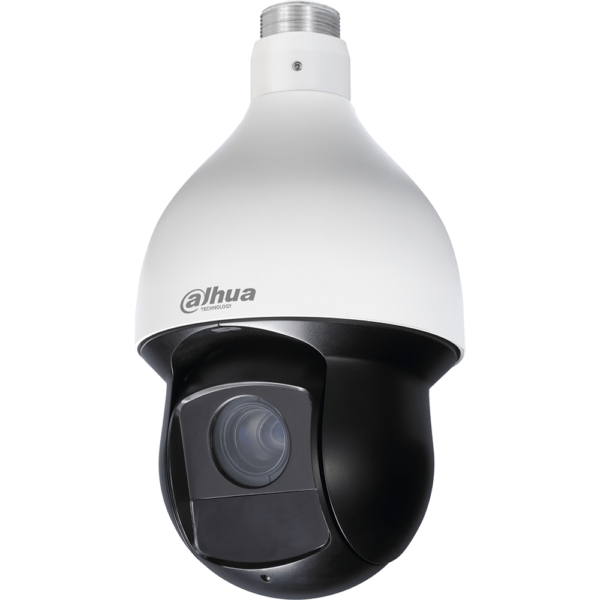Join Our Newsletter
Get the latest deals, tips, and security insights delivered monthly.

2,000+ eBay Reviews

Affordable Security.
Global Impact.
Providing 24/7 surveillance, virtual assistant services, and NDAA-compliant products to thousands worldwide.
Contact Info
-
Secure IT Global LLC
167 Madison Ave
New York, NY 10016 - (888) 902 2303
- Live Chat Available 24/7
- customerservice@secureitglobal.com
- Terms of Service
- Terms & Condition
- Shipping & Returns
- Privacy Policy
- Sitemap
- Privacy Choices


